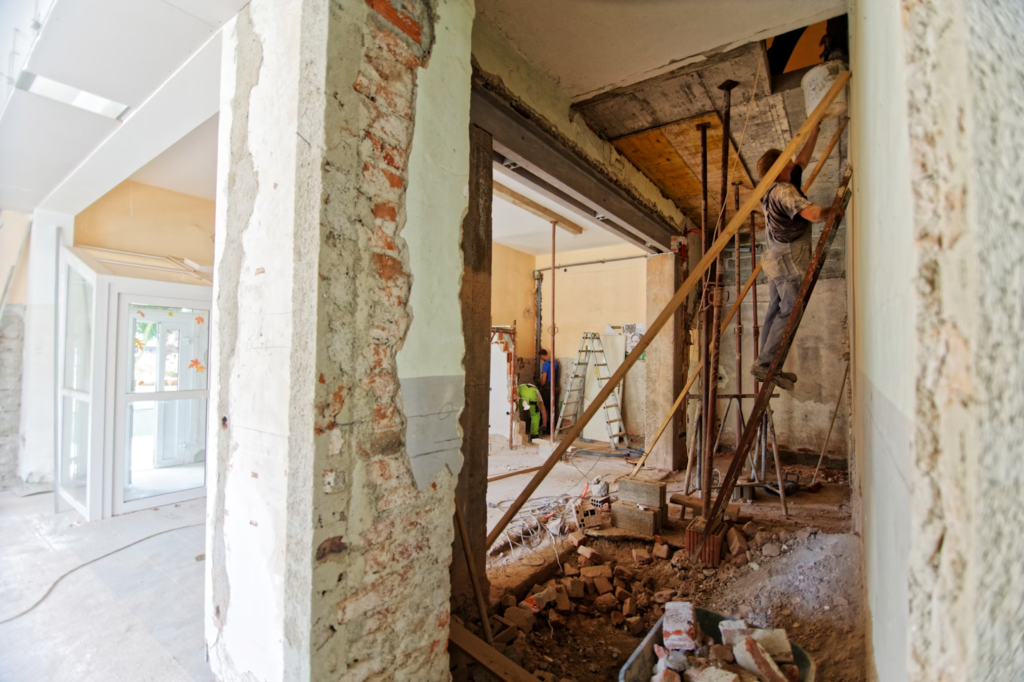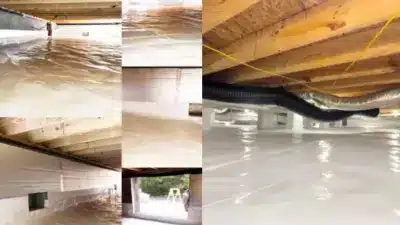
Those who buy and sell properties to make money know the importance of due diligence. Failure to research a property can sometimes be the difference between making a profit and incurring a significant loss.
If you want to improve your chances of flipping houses with true money-making potential, it’s worth keeping these tips in mind:
Rely On Experts
You may be unable to evaluate a home’s true potential by yourself. Therefore, finding trusted experts in your area to provide advice can be important. For example, if you lived in Ocean Grove, Victoria, Australia, you would find Ocean Grove builders to thoroughly inspect a property and highlight its advantages and disadvantages.
In addition to builders, you may want to contact structural engineers, plumbers, accountants, and realtors, just to name a few. The more experts you have on your side, the more informed you can be before making buying decisions.
Don’t Neglect the Location
Buying doer-uppers isn’t just about the houses. It’s also about the locations. A home can seem like a bargain, but its location in a neighborhood fast falling out of favor with locals can mean it doesn’t have profit potential.
While you’re inspecting houses with a fine-tooth comb, do the same with the area. Look at your proposed property’s proximity to schools, amenities, public transport, and workplaces. You may also like to research neighborhood trends like property appreciation rates.
Focus On Structure
Being a professional flipper means buying with your head, not your heart. Before signing on the dotted line, check the structural integrity of properties. This process may require the help of trusted builders or engineers. Look for foundation cracks, unstable floors, and roof damage. These can all indicate serious and costly issues you may want to avoid.
Evaluate Mechanical Systems
After assessing the structural integrity of a property, don’t neglect its mechanical systems. They can be costly to repair or replace, so knowing whether you need to set money aside in your budget for them is helpful.
Check plumbing, electrical, and HVAC systems. There can be warning signs of them not being in great working condition, like flickering lights, leaking pipes, and old furnaces.
Consider Its Layout Potential
Home design trends change all the time. Property layouts from just a few decades ago are no longer preferred by all buyers. As a result, you may like to consider a property’s layout potential before buying it.
Finding the Right Location for Your Fixer-Upper
When evaluating a fixer-upper, location is just as important as the property itself. The Illawarra region, with its coastal lifestyle and growing communities, offers great opportunities for buyers willing to invest in renovation potential. Exploring houses for sale Illawarra region can uncover hidden gems—properties that may need some work but are positioned in desirable neighbourhoods with strong long-term value. Whether you’re looking to flip, rent, or settle down, the right location can turn a fixer-upper into a smart investment.
Think about whether its layout is suitable as it is or can be affordably reconfigured. When you plan to create open spaces, look for non-load-bearing walls. You may even develop sketches to see where you can expand a property, add more rooms, or provide more natural light. These changes can all add significant value to a property, further enhancing your profit potential.
Be Aware of Laws and Restrictions
You can’t always purchase a property and do whatever you want with it. There can be laws and restrictions to abide by, depending on where the property is, its type, and its age. Be aware of any restrictions that may stop you from doing what you want to do before you buy a new property. At a minimum, review HOA rules, permits, and zoning laws.
There’s more to flipping a house successfully than buying it cheaply and selling it for a profit. You often have to perform your due diligence and weigh up cost-effective changes. If you’re thinking about getting into the flipping business, keep these tips above in mind. They may just save you a great deal of stress and money.
- 0shares
- Facebook0
- Pinterest0
- Twitter0
- Reddit0



